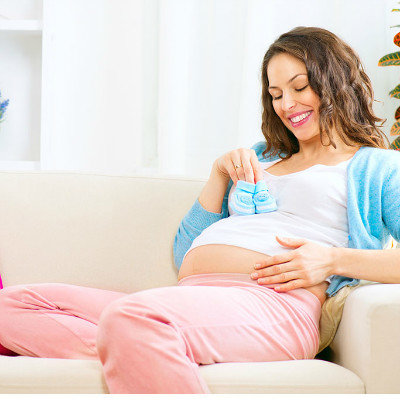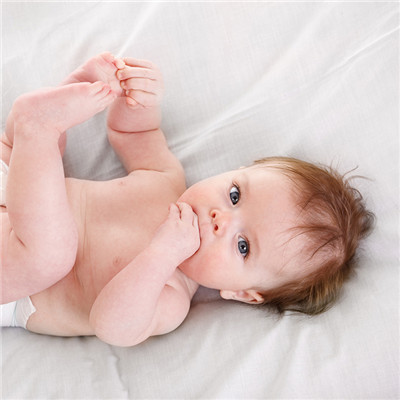Second trimester premature rupture of membranes symptoms?
summary
Premature rupture of membranes for pregnant women and the fetus is more dangerous, if not handled properly, it will easily cause serious adverse consequences. The main factors causing premature rupture of membranes include malposition, malnutrition, genital tract inflammation and infection, and sexual life induced contractions, etc. What are the symptoms of premature rupture of membranes in the second trimester of pregnancy, and the harm of premature rupture of membranes in the second trimester of pregnancy. Second trimester premature rupture of membranes symptoms? Let's talk about it.
Second trimester premature rupture of membranes symptoms?
The pregnant woman suddenly feels the fluid to flow from the vagina, often is the continuity, also may time many time few. Increased abdominal pressure, such as cough, sneezing, weight-bearing, increased amniotic fluid outflow. During anal examination, the amniotic sac could not be touched. When the fetal head was pushed up, amniotic fluid could be seen flowing out. If it is high rupture of membrane, the amount of vaginal water is less, the breach can be compressed by the fetal body and the amniotic fluid stops flowing out.

Generally speaking, the signal of premature rupture of membranes is vaginal water without pain. Often occurs after abdominal pressure increases or urinates, vagina suddenly has a lot of water outflow, can wet underwear, and then intermittent. The outflow of amniotic fluid is colorless and non viscous, which is different from viscous leucorrhea; On the other hand, this kind of vaginal water increases when standing up, decreases when lying down (even stops), and the amniotic fluid is slightly mixed, sometimes the mixed fetal fat can be seen. So it's different from urinating.

Premature rupture of membranes can have a great impact on the safety of mothers and infants, mainly manifested as umbilical cord prolapse, premature delivery and maternal and infant infection. Premature rupture of membranes of the maternal, such as fetal exposure did not enter the basin, prone to umbilical cord prolapse, resulting in acute fetal hypoxia, and even intrauterine fetal death. After rupture of membrane, the pathogenic microorganism in vagina is easy to infect, which can cause fetal membrane inflammation, endometritis and amnionitis. If the infection is not controlled in time, it is more likely to develop to septicemia, which endangers the life safety of puerpera and fetus.

matters needing attention
Although it is relatively rare that premature rupture of membranes occurs in the second trimester of pregnancy, you expectant mothers can not be too ignored. It is also very necessary to take preventive measures, especially the diet structure during pregnancy should be reasonable, pay attention to strengthen nutrition, and carry out appropriate exercise to enhance physique, which plays an important role in reducing the occurrence of premature rupture of membranes.










